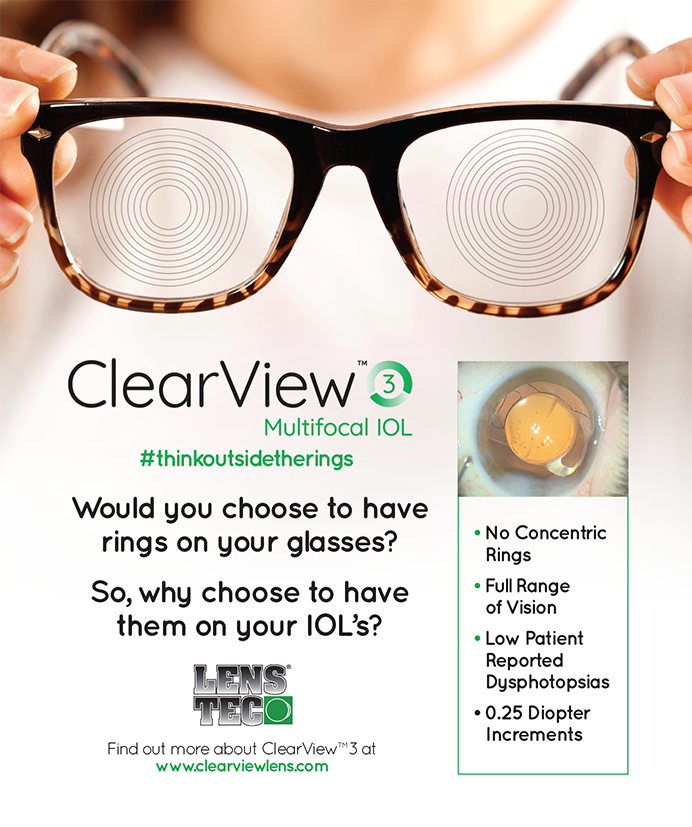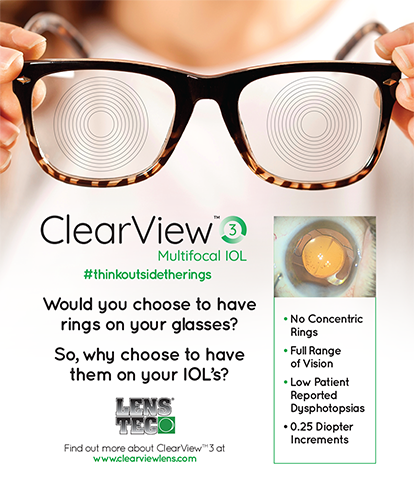My past 2 years' experience with laser cataract surgery has been fascinating. Some of the first challenges to this new science came from within. The attacks seemed to peak last summer, as physicians who had not used the technology characterized it as a joke, a waste of money, and an unproven boondoggle. They also described it as dangerous, unsafe, and useless. My favorite of these descriptions occurred on the ASCRS cataract listserv: “a tool to help those who struggle with cataract surgery.”
We ophthalmologists have attacked new technology before. In 1973, organized ophthalmology had phacoemulsification declared experimental and therefore not reimbursable by Medicare. In response to criticism from ophthalmologists, in 1975, the California Food and Drug Administration (FDA) declared IOLs a drug and thus under their jurisdiction. (The California FDA did not have jurisdiction over devices back then. Nor did the US FDA.) The implantation of IOLs was then declared experimental, not reimbursable, and subject to malpractice in California.
Similarly, and perhaps understandably, members of our field were LASIK's worst critics. After investing hundreds of millions of dollars in this laser-only technique, companies in the process of launching PRK were not enthusiastic about the perceived barrier to commercialization of having to train surgeons to perform lamellar keratomileusis. I will always remember, however, one LASIK course I taught. I looked up and saw the medical director and chief scientist of the primary PRK company sitting in the lecture hall. I knew then that LASIK would do just fine.
Today, I believe that laser cataract surgery has survived its introduction. I am proud of the response to the initial wave of criticism. Overall, as a group, we avoided defensiveness. Articles and books were published on the procedure, and by now, hundreds of surgeons have successfully performed thousands of cases—a real-world test in my view. To paraphrase Churchill, it is at least the end of the beginning.
The challenges will continue. Will the equivalent of chains of LASIK centers be established and later fail? Will roll on-roll off platforms make the technology available in wider areas, as it did with excimer lasers? How will the procedure be marketed? Will I receive a Groupon coupon for laser cataract surgery in my e-mail one day? Will doctors make invalid, unsupported claims about the procedure's safety and efficacy to compete in their markets? Will dissimilar, lesser technologies be promoted as “better than”? Will we confuse our patients instead of educating them?
These are just the old mistakes. We ophthalmologists have always been clever at inventing new ones. I hope the best in us prevails. Science should be a discussion, not a lecture. Let us respect the space and each other.


